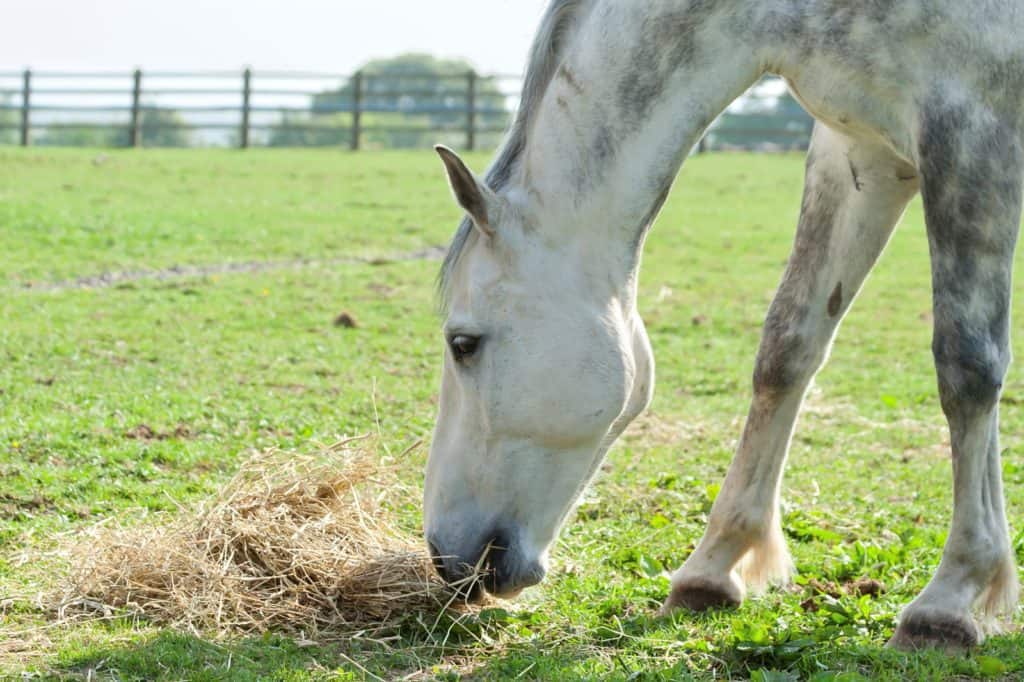
Veterinarians Discuss Gastric Ulcer Treatment Strategies for Horses
From available treatments to feeding strategies, attendees and moderators discussed approaches for managing squamous and glandular gastric disease.
Proper feeding practices for foals, adult horses, and older horses

From available treatments to feeding strategies, attendees and moderators discussed approaches for managing squamous and glandular gastric disease.

Dental care is an important part of keeping a horse healthy and happy throughout his life. Learn about common tooth problems and regular dental care in this slideshow.

Vet bills are an unavoidable, and often costly, part of horse ownership. But forgoing routine health care to reduce veterinary costs can backfire. Here’s how keeping up on your horse’s preventive care can help you save money in the long run.

Learn about steps veterinarians can take to figure out why a horse is losing weight.

Temporomandibular joint changes could cause pain as well as behavior problems and poor performance in horses. Or not.

Equine dental anatomy and issues are unique to horses, and they deserve special scientific analyses as well as consideration at home. A German research team took a closer look.

Key takeaways included treating horses as individuals and adjusting medications and management strategies as needed.

Feeding and managing horses that gain weight easily can become a challenge. Learn about ration balancers and how to craft a diet for the easy keeper with these free resources.

Using a ration balancer to feed a mixed herd saves time for this horse owner.

Veterinarians discussing the Havemeyer Workshop while at the AAEP convention covered fluid therapy, NSAID use, and more.

What do you do if you can’t get to the barn to supplement your horse every day? A nutritionist offers advice.

Two experts share their tips for evaluating equine body condition and advice for using those results to create a feeding plan that suits your horse’s age, breed, and activity level.

A nutritionist explains why horses need this amino acid in their diets and what happens if they don’t consume enough.

Is equine coronavirus the same or similar to the disease currently making headlines for initially infecting people in China and other countries?

Horses with recurrent exertional rhabdomyolysis require different diets than horses that tie up because of PSSM.

A fatty-acid- and antioxidant-rich supplement approach allowed oocytes to mature and metabolize energy more efficiently.
Stay on top of the most recent Horse Health news with
"*" indicates required fields